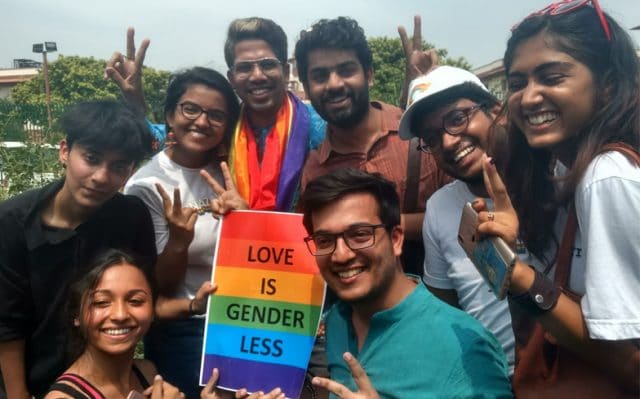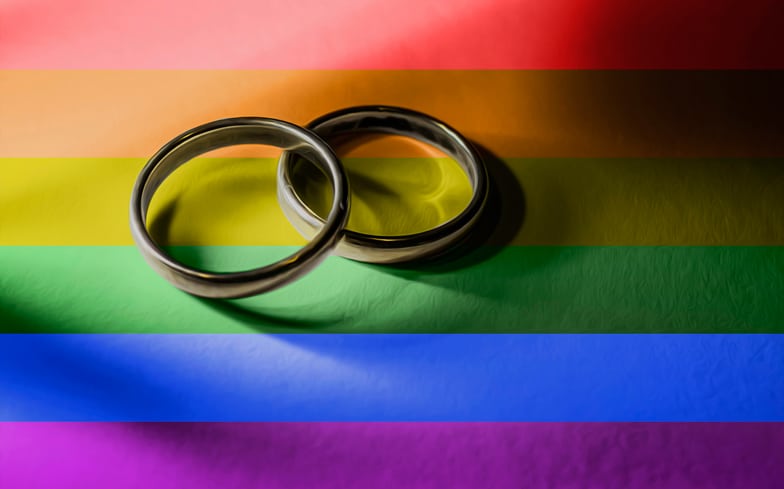
The Delhi High Court has turned down a plea to legalise same-sex marriage in India, claiming that the courts should not be used for drafting laws.
Tajinder Singh, who petitioned the court, made the plea because “the constitution treats everyone equally without any discrimination. It is the duty of the state to ensure that no one should be discriminated.”
He also called on the courts to create a committee to draft the legislation for same-sex marriage, but they rejected this request as well, although they said the government was free to create its own committee.
The legal journalist, Karan Tripathi, posted on Twitter that the judges said: “It is incumbent upon the legislature and not the court to recognise the familial relations of LGBTQ community.”
Last year, India’s Supreme Court overturned a colonial-era ban on homosexuality. An archaic law – known as Section 377 of the Indian penal code – had been imposed on Indian citizens since British rule, and it penalised intercourse “against the order of nature” with a sentence of life imprisonment.
Five LGBTQ Indians put their name to the legal petition which resulted in the ruling, with one of those people, Ritu Dalmia, saying that the verdict gave her hope.
“I was turning into a cynical human being with very little belief in the system, but honestly this has really shown once again that, at the end, we are a functional democracy where freedom of choice, speech and rights still exist,” she said.
It has been a long and rocky road towards the legalisation of homosexual sex acts in India.
Early cases were first brought forward in 1994 and 2001, but both bounced around the higher courts for years with judges reluctant to rule on the matter.
Section 377 was then struck down by the Delhi high court in 2009 as it breached rights to life, liberty and equality that is enshrined in Indian constitution.
That, however, was overturned in 2013 by the supreme court, which ruled that because Section 377 had been imposed so infrequently it had only affected a “minuscule fraction” of the population, and therefore could not violate Indians’ constitutional rights.








